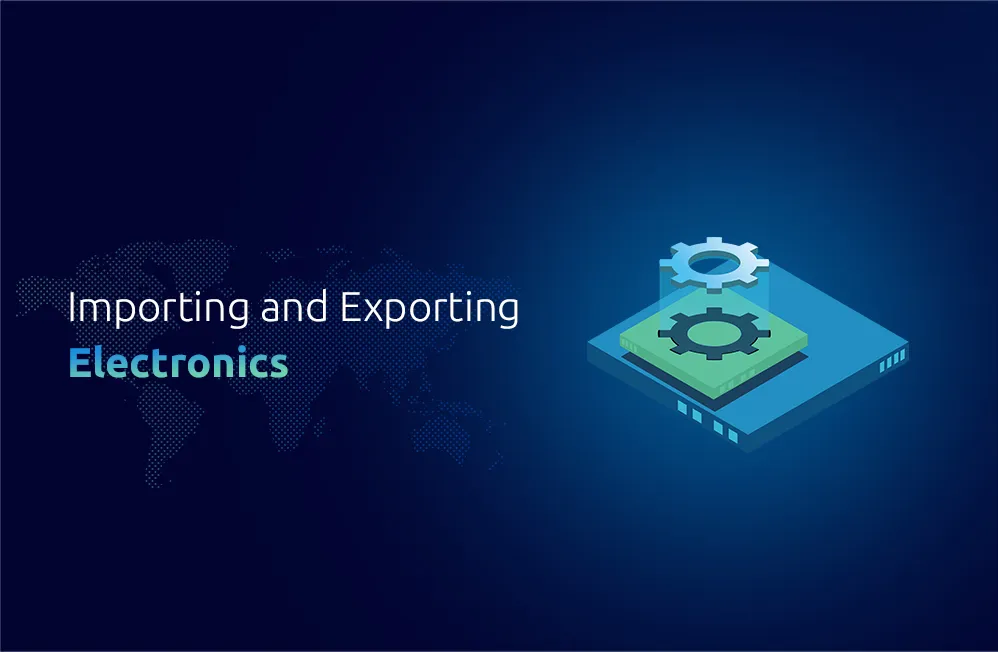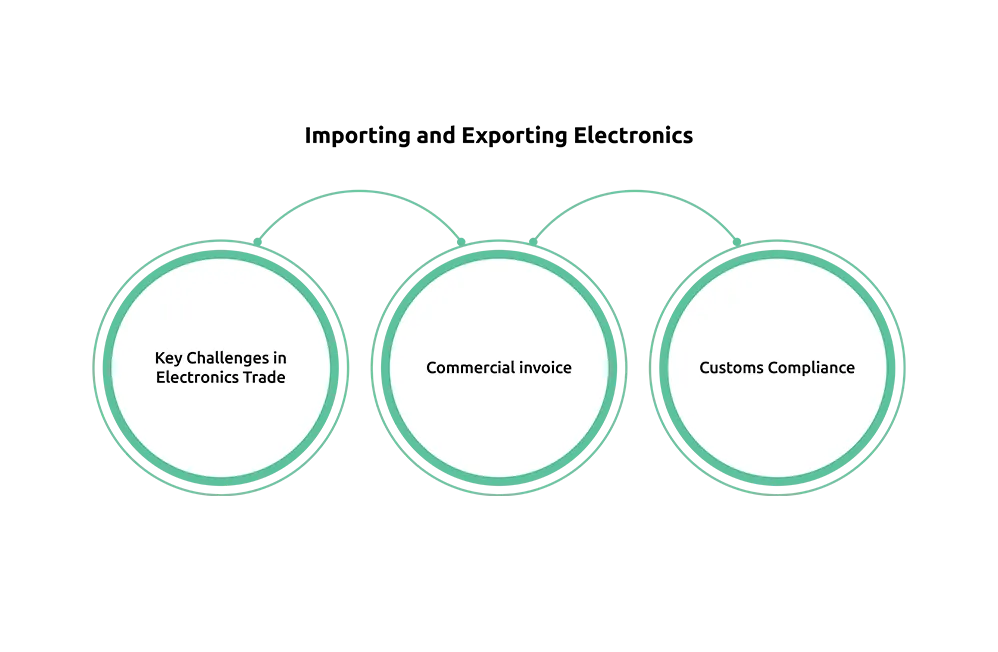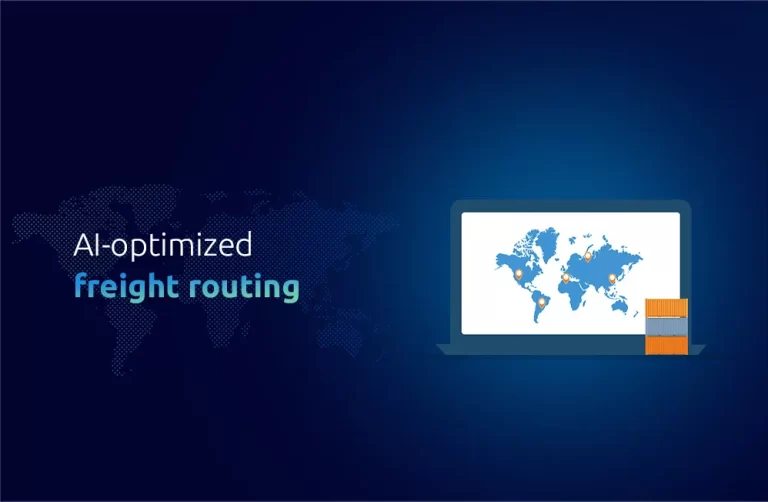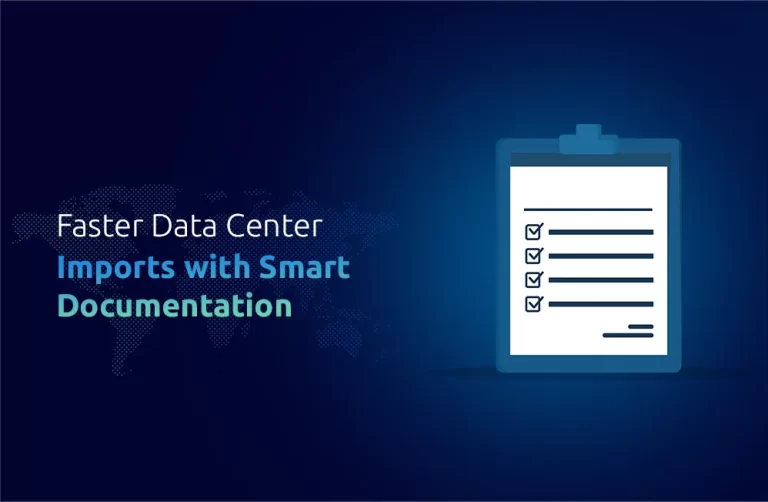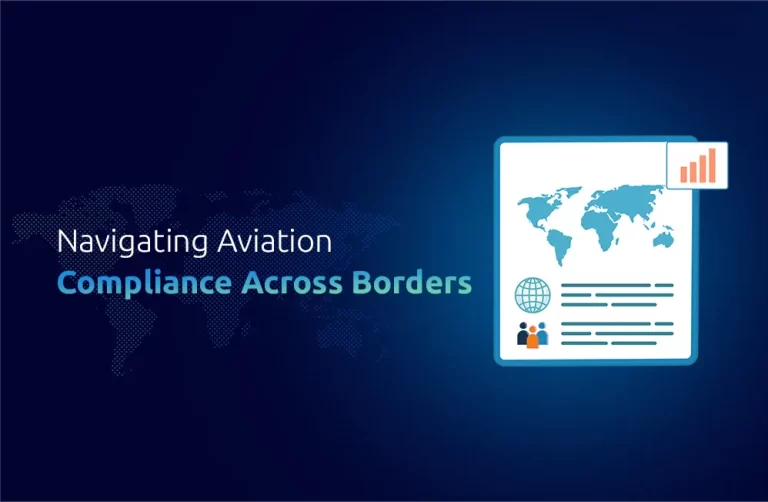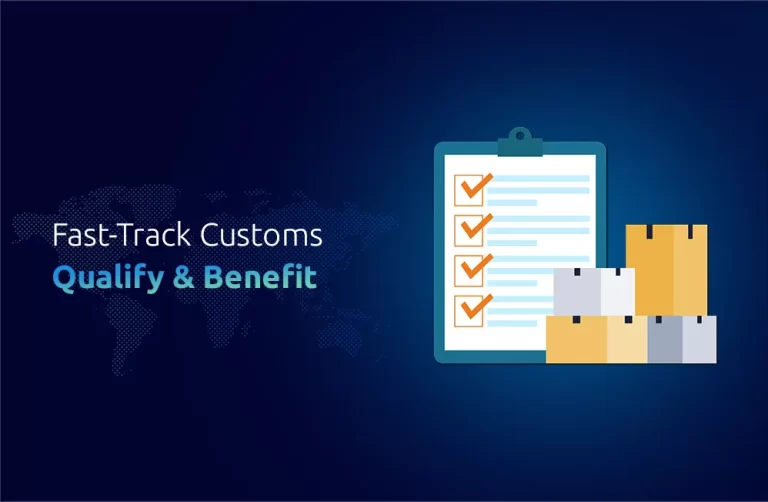Electronics Importing and Exporting: A Complete Business Guide
Electronics importing and exporting businesses must navigate intricate legal frameworks, customs regulations, logistical considerations, and stakeholder roles – particularly those associated with the importer of record (IOR) to remain compliant, reduce risk, and streamline operations in the global trade of electronics. This article delves deeper into importing and exporting electronics, highlighting key concepts like IORs (importer of record) and relevant terms like Harmonized System Code and Generalized System of Preferences.
What Does Importer/Exporter Mean in Electronics?
Importers refer to anyone or any entity responsible for bringing goods from abroad into a country, most commonly electronics equipment and parts from manufacturers abroad into local markets. The importer of records (IOR) plays an integral part in international trade.
Exporters in electronics refer to any individual responsible for moving equipment between countries, whether that’s a manufacturer, wholesaler, or distributor preparing electronics for international shipment. They must abide by any relevant export laws while also compiling necessary export documentation before shipping goods directly to their final international destinations.
Electronics exporters must adhere strictly to export controls, particularly items with potential military or dual-use applications. Furthermore, international standards must be strictly observed concerning packaging, labeling, and shipping processes.
The Role of Importer/Exporter of Record
An IOR is responsible for declaring shipments correctly to customs, providing any required documents like commercial invoices, packing lists, and proof of origin documents, as well as paying any customs duties or taxes due. Additionally, the IOR makes sure imported electronics meet safety and certification standards that have been set by their country of importation, such as RoHS certification or CE registration. Once goods have arrived in the country, IORs assume responsibility for them if any equipment becomes damaged, lost, or fails to meet compliance standards. While an IOR may be the business importing the goods themselves or an independent customs broker acting on their behalf, ultimately, compliance rests solely with them.
The Exporter of Record/EOR is legally accountable for exporting goods. Their duties include adhering to all export regulations, filing export documents, and shipping them directly to their destination. Furthermore, EORs must abide by the customs authorities of exporting countries by obtaining any necessary export licenses, paying required export duties, and labeling and packing them appropriately before exporting their shipments. EORs also serve a critical function by verifying whether goods are subject to export restrictions or sanctions and complying with international agreements and standards. Their key responsibility lies in acting as the link between exporting companies and customs authorities.
Import/Export Process for Electronics
Navigating the import and export of electronics requires an understanding of several critical steps and compliance requirements. Research Harmonized System (HS) codes are key, as these provide a classification of goods for customs purposes as well as applicable tariffs and regulations. Assigning the appropriate HS code is key to avoiding delays and complying with international trade. Businesses new to international trading should consider hiring a customs broker; these experts provide invaluable help with paperwork, taxes, and duties while assuring adherence to local and international regulations.
Compliance with safety measures is of utmost priority since electronics fall under various regulations such as RoHS, and certifications, which protect consumers as well as the environment. The importer of Record/IOR is generally responsible for verifying that equipment adheres to these standards before customs clearance.
Companies should also look into Free Trade Agreements/FTAs & the Generalized System of Preferences/GSP. A customs clearing procedure depends on paperwork & entry filing; to prevent delays or fines at customs, both the importer of record and the exporter of record must provide appropriate documentation, such as business invoices, packing lists, and export licenses. Businesses can more easily and successfully handle international trade by following these procedures.
Top Importing Countries in Electronics Industry
Electronics trade is an essential aspect of global business, with various countries playing an essential role in its import and distribution. The United States stands out as one of the world’s leading consumer markets when it comes to electronics imports to manufacturing components. China stands out as an exporter but still imports many high-tech parts that support its massive manufacturing industry. In contrast, Germany, as Europe’s largest economy, imports an impressive quantity of goods for use across its automotive, industrial, consumer electronics sectors, and more.
Japan is known for it’s technical innovation, importing advanced electronic parts crucial to its high-tech industries. Both countries play an essential role in global supply chains by providing finished equipment as well as essential components necessary for assembly, further manufacturing, and distribution.
Import/Export Electronics: Key Considerations
Importing or exporting electronics requires several key considerations for smooth transactions, including compliance with customs regulations in each country, safety standards, and environmental safeguards. Due to their delicate nature, electronics need special handling during the shipping and handling processes; therefore, finding a logistics partner who understands these requirements is of utmost importance.
Intellectual property concerns must be carefully managed to avoid patent or trademark violations, while market trends can change rapidly; keeping up with regional preferences is vitally important. Cost factors such as duties, taxes, and shipping must also be taken into account in pricing strategies to remain competitive. By understanding these elements and working alongside experienced experts, companies can successfully guide the intricacies of the global electronics trade.
Conclusion
Electronic trade can be an extremely competitive and highly regulated sector. Therefore, understanding the roles & responsibilities of an importer of record and EOR is essential in order to facilitate smooth operations while remaining compliant with customs regulations and regulatory standards. No matter, if you are importing or exporting electronics, managing customs duties, tariffs, and equipment certifications, is key to avoiding delays, fines, and losses. By collaborating with experts like customs brokers and trade agreements like One Union Solutions, businesses may simplify their operations and increase their worldwide impression.
Did you know,
In 2020, the worldwide electronics market was valued at US$2.9 trillion.
FAQs
- What role does an Importer of Record serve in the trade of electronics?
Ans: An Importer of Record is legally accountable for ensuring electronic equipment imported into a nation comply with customs regulations, such as processing documentation, paying applicable tariffs and taxes and assuring equipment certifications.
- How do importers of records/IORs and exporters of records (EORs) differ?
Ans: An Import/Export Representative (IOR/EOR) is accountable for paying duties, ensuring compliance, as well as all of the other legal and regulatory aspects involved with importing equipment into a nation. Conversely, their EOR counterpart ensures equipment meets export specifications while adhering to all export laws and rules before export.
- How can I determine my electronics’ Harmonized System (HS) Code?
Ans: You can use internet databases that assist in classifying things according to their type and technical characteristics, or you can speak with your nation’s official customs authorities to determine the correct HS Code for your gadgets. Knowing the correct HS Code is essential for figuring out import laws and levies.
- How might import expenses be decreased via the Generalized System of Preferences (GSP)?
Ans: Certain goods from poor nations can be imported into developed countries with lower or no customs, according to the GSP. This program helps reduce overall import prices by providing benefits to electronics from qualifying nations.
- Is it possible for a non-resident business to import goods into another nation?
Ans: A non-resident importer (NRI) can bring equipment into a nation where they do not physically dwell. To manage their legal and regulatory requirements, companies must designate a local Importer of Record (IOR) or a customs broker.

